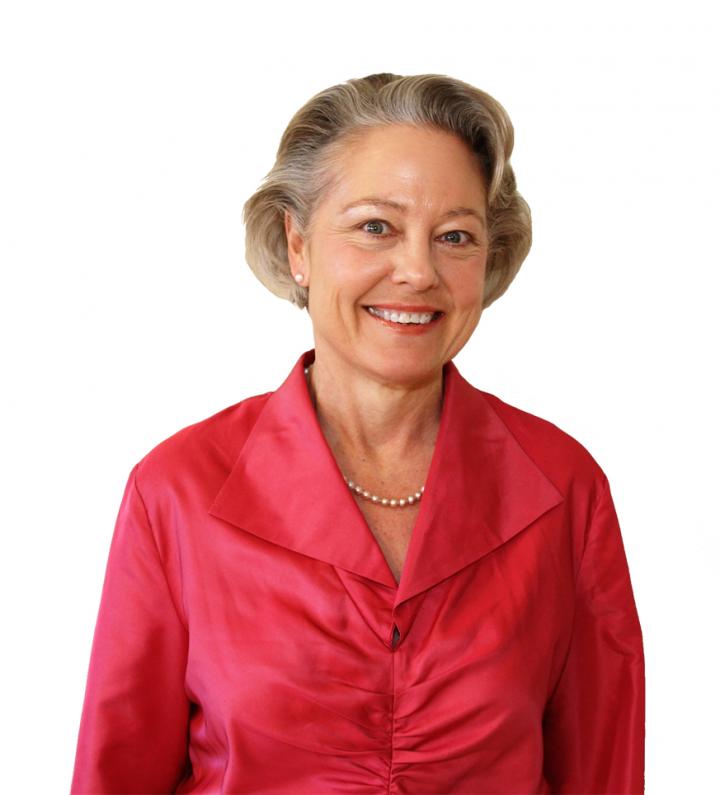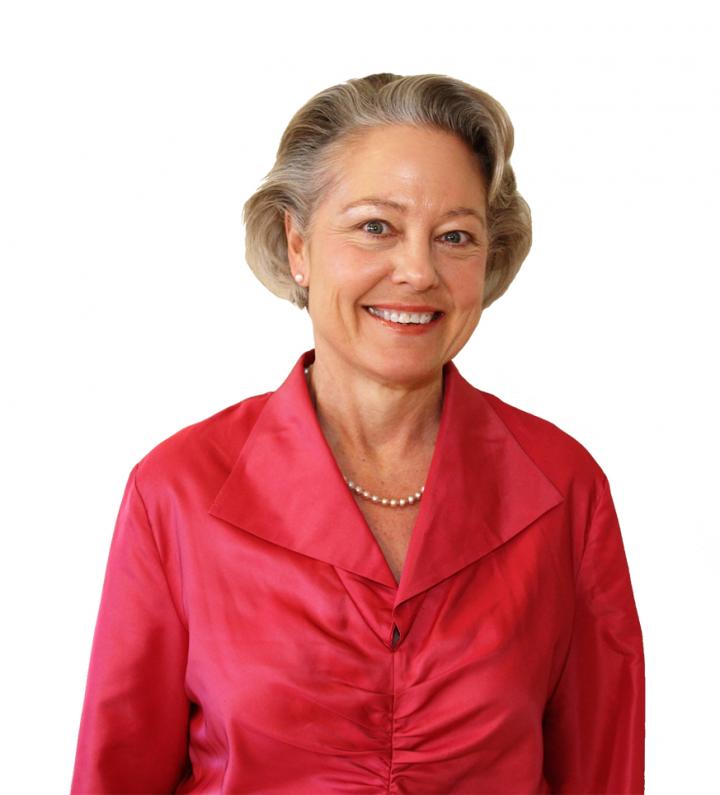
Credit: UVA Health System
With applications for asylum in the United States increasing sharply, a new paper from a team of asylum medicine and law experts is highlighting physicians' important role in evaluating refugees' claims of torture and persecution.
To qualify for asylum in the U.S., applicants must show they have suffered or will suffer persecution in their home country based on their political opinion, race, religion, nationality or membership in a certain social group, Torture, physical abuse and emotional abuse are considered persecution under U.S. and international law, said Preston Reynolds, MD, PhD, MACP, an asylum medicine specialist at the University of Virginia School of Medicine who co-authored the new paper.
Physicians have "a unique and special role" to play in the asylum review process by using their diagnostic expertise to review asylum seekers' claims, said Reynolds, who has performed 40 to 50 forensic exams for asylum seekers. "Training physicians [to conduct these reviews] is a way for them to be involved in global health at a local level," she said.
When physicians are able to corroborate torture and other forms of persecution through a forensic medical exam, applicants have a much greater chance of receiving asylum. One study found that asylum applicants who underwent a medical exam received asylum 89 percent of the time, compared with 37.5 percent of all asylum seekers nationally, according to Reynolds and her co-authors.
How to Provide Forensic Exams
Half-day or day-long training sessions are available from asylum medicine centers or human rights groups to teach physicians how to perform the exams and write a legal report that will be used to help determine whether a refugee will receive asylum.
Physicians review an affidavit provided by an asylum seeker, then conduct the forensic exam to determine whether the asylum seeker's mental and physical injuries match their affidavit. For instance, this could mean reviewing the length and shape of a scar to determine if it could have been inflicted with the weapon described.
While seeking as much detail as possible, exams need to be conducted carefully to avoid retraumatizing the asylum seeker, Reynolds said. "You need to sensitively gather information, periodically re-checking the information to see if there's more they want to share," she said.
After the exam, physicians then prepare a legal affidavit of their own, describing how consistent the asylum seeker's claims of trauma are with the physical findings, based on international guidelines known as the Istanbul Protocol. "The weight placed on a physician's opinion depends on their perceived independence, as well as on their credentials and the quality and thoroughness of the evaluation and report," Reynolds and her co-authors wrote.
Getting trained to perform these forensic exams can also help physicians provide better care, especially if they work in areas with large immigrant populations, as one study has found that one in nine foreign-born patients has experienced torture.
"It enhances your ability to deliver comprehensive care and to be even more empathetic because you can engage with them in parts of their lives that remain very painful," she said.
Findings Published
The overview of forensic exams for asylum seekers has been published in the Journal of General Internal Medicine. The authors are Katherine C. McKenzie from the Yale Center for Asylum Medicine; Jon Bauer from the Asylum and Human Rights Clinic at the University of Connecticut School of Law; and Reynolds.
###
Media Contact
Eric Swensen
[email protected]
434-924-5770
http://www.healthsystem.virginia.edu/home.html
Original Source
https://link.springer.com/article/10.1007/s11606-018-4524-5





